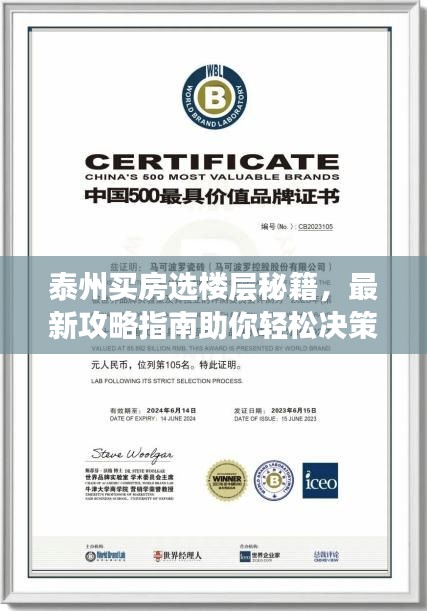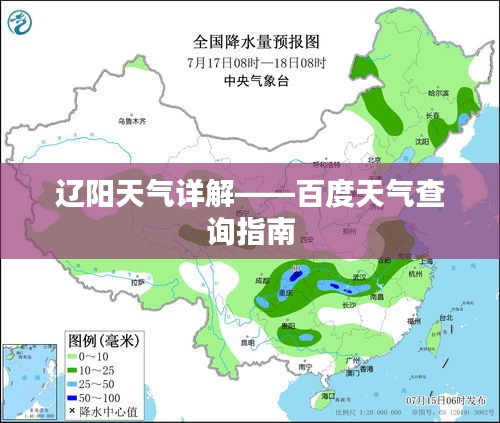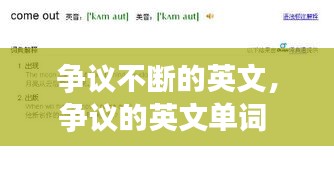Introduction
The English language, with its rich history and global influence, is no stranger to争议. From grammar rules to idiomatic expressions, there are countless topics that spark debates among linguists, teachers, and everyday speakers. This article delves into some of the most contentious issues in the English language, exploring why they cause such fervor and what they reveal about the nature of language itself.
Grammar Rules and Their Exceptions
Grammar rules are the backbone of the English language, yet they are often the source of heated discussions. Take the use of "who" and "whom," for example. Many people argue that "whom" should be used as the object of a preposition, while others contend that "who" can be used in all cases. The Oxford English Dictionary even acknowledges the confusion, stating that both "who" and "whom" can be used in certain contexts. Another contentious topic is the use of "I" and "me" in sentences. While many people mistakenly use "me" as the subject of a sentence, grammarians argue that "I" should always be used as the subject and "me" as the object. The confusion arises from the fact that "me" is the object form of "I," but this rule is not always strictly followed.
The Oxford Comma
The Oxford comma, also known as the serial comma, is another point of contention. Some argue that it is necessary to clarify the meaning of a list, while others believe it is unnecessary and can make sentences look cluttered. The debate over the Oxford comma has even reached the legal realm, with some courts requiring its use in legal documents to avoid ambiguity. Proponents of the Oxford comma argue that it helps to prevent misunderstandings, such as in the sentence "I love my parents, Lady Gaga, and pizza." Without the Oxford comma, it could be interpreted as "I love my parents, Lady Gaga and pizza," which changes the meaning entirely.
Phrasal Verbs and Their Meanings
Phrasal verbs are a staple of the English language, but they can be quite confusing due to their varied meanings. For instance, the phrase "put up with" means to endure or tolerate something, while "put up" by itself can mean to hang or to build. The ambiguity often leads to debates about the correct usage and interpretation of these verbs. Some argue that the only way to learn phrasal verbs is through memorization, while others believe that understanding the context and the history of the phrase can help in deciphering its meaning. The debate highlights the challenge of teaching and learning a language that relies heavily on context.
Idioms and Their Literal Meanings
Idioms are phrases that do not mean what they literally suggest. This creates a constant source of contention when it comes to their usage and interpretation. For example, the idiom "kick the bucket" means to die, but its literal meaning is quite different. The debate over idioms often centers on whether it is acceptable to use them in formal writing or speech. Some argue that idioms enrich the language and make it more expressive, while others believe that they can be confusing and should be avoided in formal contexts.
Regional Variations and Dialects
English is spoken across the globe, and this diversity leads to regional variations and dialects. Each region has its own set of words, phrases, and pronunciation patterns, which can be a source of contention. For instance, the word "soda" is used in the United States, while "cola" is more common in the United Kingdom. The debate over regional variations often revolves around whether certain dialects should be considered "correct" English. While standard English is often taught in schools, many argue that dialects should be respected and valued as part of the language's cultural heritage.
Conclusion
The English language is a living, evolving entity, and with its vastness comes a myriad of controversies. From grammar rules to idiomatic expressions, the debates that arise from these issues reflect the complexity and richness of language itself. While there may never be a definitive answer to every question, the ongoing discussions help us to appreciate the nuances and challenges of communicating effectively in English. As we continue to engage with the language, we must embrace its controversies as opportunities for growth and understanding.
转载请注明来自金坛区指前镇锦文建材厂,本文标题:《争议不断的英文,争议的英文单词 》














 蜀ICP备2022005971号-1
蜀ICP备2022005971号-1
还没有评论,来说两句吧...